This species of mouse deer is listed by the IUCN as endangered and there is a small, and mainly female, population managed in European zoos.
how to help
For many species, it’s now or never.
Donate Nowor why not Fundraise For Us?
Photo (c) Chester Zoo, 2023.
The British and Irish Association of Zoos and Aquaria (BIAZA) and Nature’s SAFE, one of Europe’s first living biobank for endangered animals dedicated to halting the catastrophic decline in global biodiversity, have joined forces to save species. The two charities have signed a memorandum of understanding and will be working together through a free cryopreservation and live storage biobanking service to BIAZA zoos. This means the cells of endangered species including monkeys, tigers and elephants might be safely cryopreserved to be used by scientists working to conserve these species. Nature’s SAFE cryopreserves live tissues and cells indefinitely in liquid nitrogen at -196 degrees Celsius!

BIAZA is a registered charity representing the best zoos, and aquariums in the UK and Ireland. Over 120 organisations can proudly display their BIAZA membership badges, which signals their commitment to elevating conservation science, natural history, environmental education and animal welfare. Its members care for some of the most endangered species in the world from orangutans to tree snails.
Nature’s SAFE, a registered charity has a mission to Save Animals From Extinction, by collecting, indefinitely storing and regenerating reproductive cells and cell lines from endangered animal species. This is achieved by harnessing regeneration and reproductive technologies. Nature’s SAFE’s bank of live reproductive cells, tissues, and skin can subsequently be used to facilitate species restoration. Nature’s SAFE has currently cryopreserved multiple cell types from 161 animal species including the critically endangered mountain chicken frog, Javan green magpie and pied tamarin.
“This agreement with BIAZA is an extremely important step forward for us. We are building a unique Network of Expertise to enable cutting-edge reproductive and cryopreservation science to be delivered to endangered animal breeding programmes,” said Dr Rhiannon Bolton, Co-founder and Biobank Lead at Nature’s SAFE. “It is our intention to offer a free cryopreservation and live storage biobanking service to BIAZA zoos to further our aim of Saving Animals From Extinction.”
Dr Jo Judge, the CEO of BIAZA said: “I’m incredibly pleased to be working alongside such dedicated and innovative conservation organisations as Nature’s SAFE. We are in an extinction crisis. We are losing nature at a staggering rate. We must be doing all we can to conserve the natural world on which we all rely.”
More information about BIAZA can be found at https://biaza.org.uk/our-association. Nature’s SAFE is a charity whose work is supported entirely by donations – details of the charity and how to donate to this important work can be found at https://www.natures-safe.com/

Don’t miss
This species of mouse deer is listed by the IUCN as endangered and there is a small, and mainly female, population managed in European zoos.
Last week, we had the incredible opportunity to visit two of our valued conservation partners – Jimmy’s Farm & Wildlife Park and Watatunga Wildlife Reserve. These two institutions both exemplify the profound impact that dedication to wildlife preservation can have on protecting our planet's biodiversity.
For the first time ever in Europe, coral eggs were successfully fertilised using frozen and thawed coral sperm.
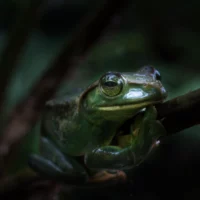
Fea’s tree frog
Total Population: Unknown
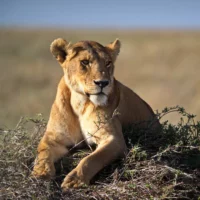
African Lion
Total Population: 20,000 - 25,000 in the wild
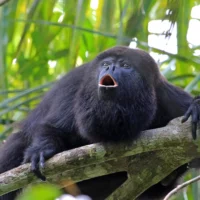
Black howler monkey
Total Population: Less than 5,000 in the wild
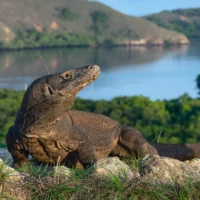
Komodo dragon
Total Population: Around 3,500 in the wild
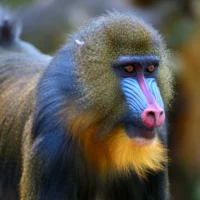
Mandrill
Total Population: Unknown
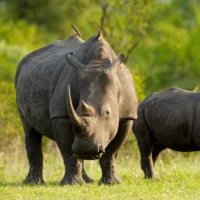
Southern white rhino
Total Population: Around 15,000 in the wild
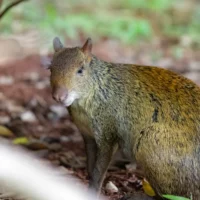
Azara’s agouti
Total Population: Unknown
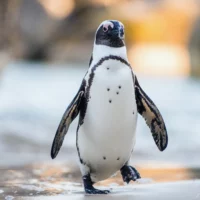
African penguin
Total Population: Less than 40,000 in the wild
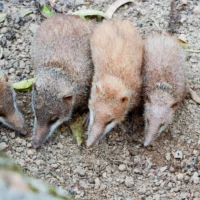
Lesser Madagascan tenrec
Total Population: Unknown
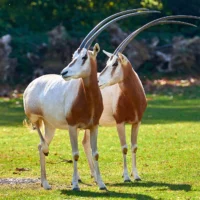
Scimitar-horned oryx
Total Population: Around 400 in the wild
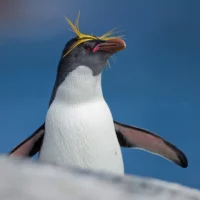
Macaroni Penguin
Total Population: Around 12 million
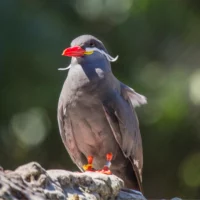
Inca Tern
Total Population: Around 150,000 in the wild
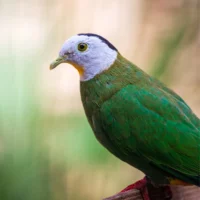
Black-naped fruit dove
Total Population: Unknown
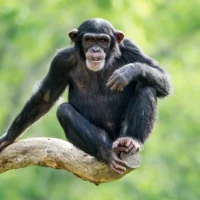
Chimpanzee
Total Population: 170,000 - 300, 000 in the wild
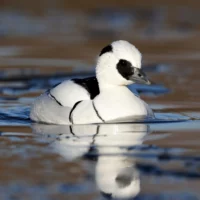
Smew
Total Population: Around 80,000 in the wild
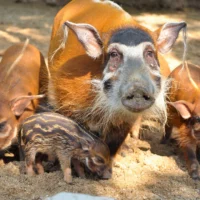
Red river hog
Total Population: Unknown
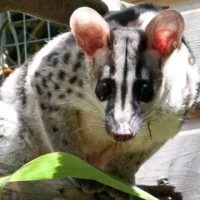
Owston’s palm civet
Total Population: Unknown
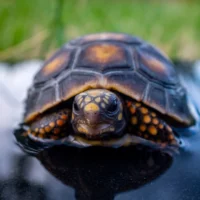
Red-footed tortoise
Total Population: Unknown
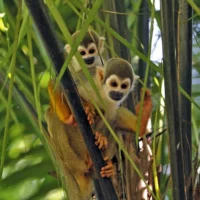
Guianan Squirrel Monkey
Total Population: Around 150,000 in the wild
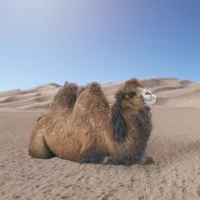
Bactrian camel
Total Population: Less than 1,000 in the wild
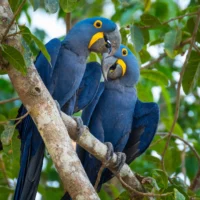
Hyacinth macaw
Total Population: Around 6,500 in the wild
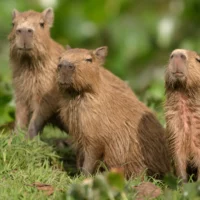
Capybara
Total Population: Unknown
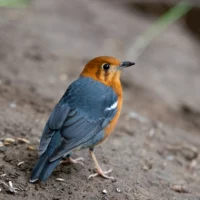
Orange-headed thrush
Total Population: Unknown